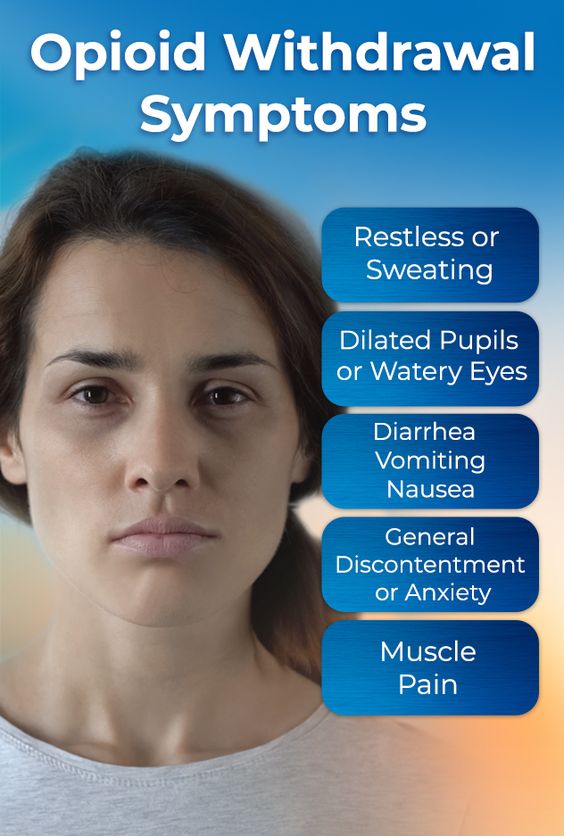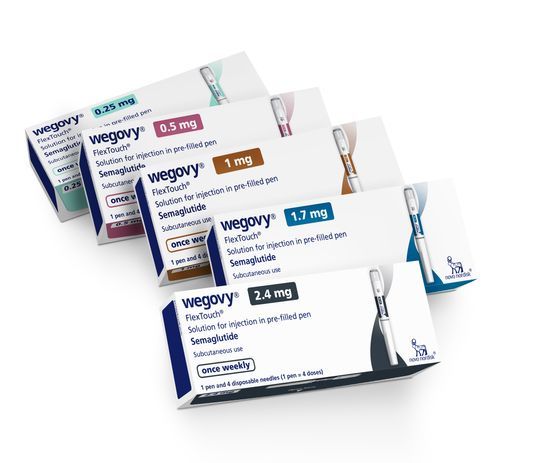Scientists at the Massachusetts Institute of Technology (MIT) have devised a groundbreaking approach to harness the signals sent from the stomach to the brain during a meal. Their method involves an ingestible capsule that vibrates within the stomach, activating stretch receptors to create a perceived sense of fullness. Published in “Scientific Advances,” the team’s research… Continue reading Engineers develop vibrating, ingestible capsule that may help treat obesity
Day: December 27, 2023
Treating opioids without medication is more harmful than no treatment at all, study finds
A recent study led by Yale University sheds light on the effectiveness of short-term medical management (commonly known as detox) and long-term rehabilitation treatments, excluding continued use of naltrexone or methadone, in preventing overdose deaths in cases of opioid use disorders. Researchers emphasize the significance of sustained medication therapy for opioid use disorders, advocating for… Continue reading Treating opioids without medication is more harmful than no treatment at all, study finds
Wegovy: Why half of people who take it stop taking it within a year, and what happens when they stop taking it
While the new generation of anti-obesity drugs, known as GLP-1 receptor agonists, proves effective, long-term adherence remains a challenge. A recent study in the “Obesity” journal reveals that only 44% of individuals using weight-loss medications continue after three months, dropping to 19% after a year. Enhanced adherence, as seen with medications like Wegovy, results in… Continue reading Wegovy: Why half of people who take it stop taking it within a year, and what happens when they stop taking it


